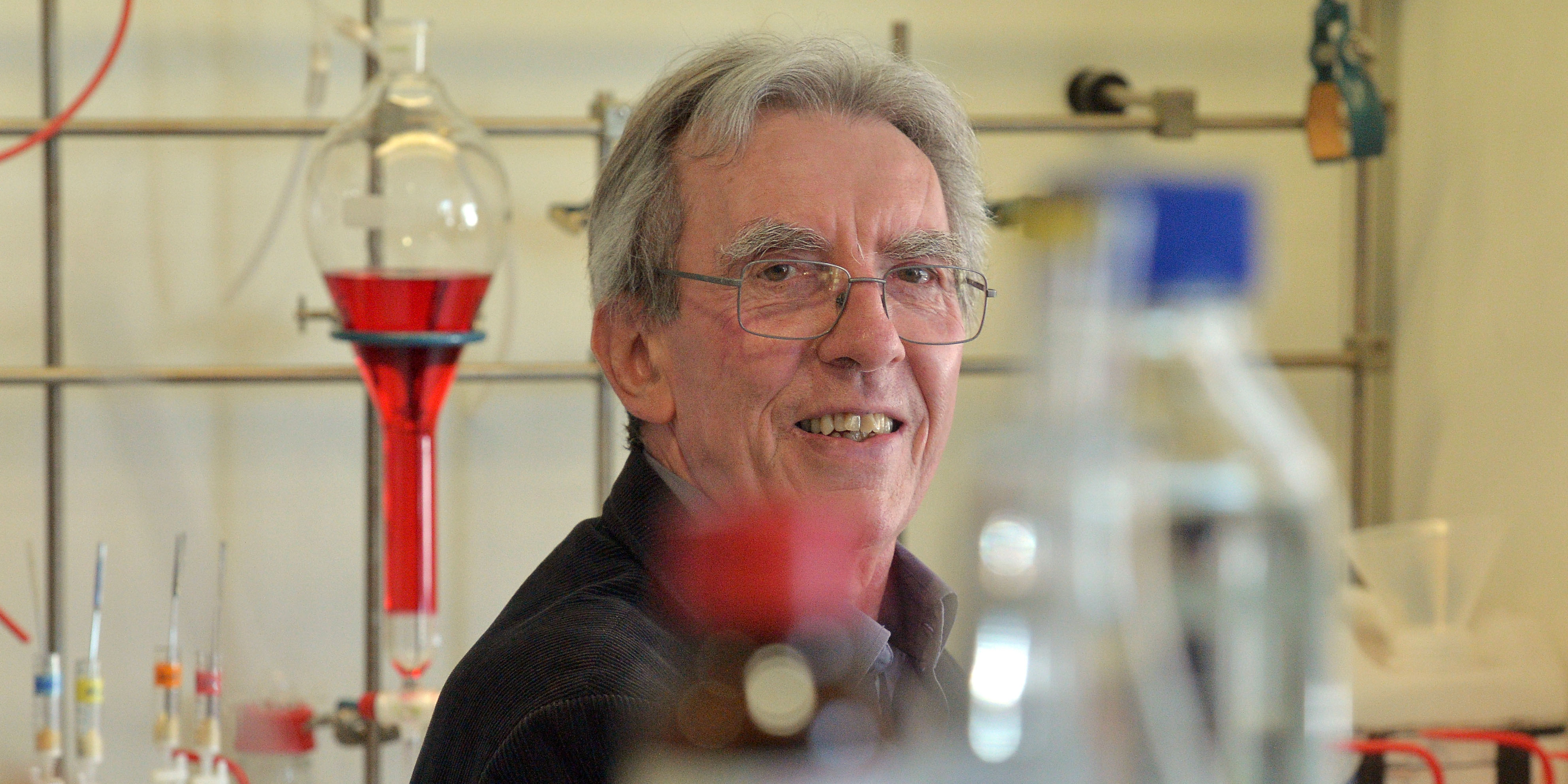INTERVIEW
The CNRS celebrates its 80th birthday. On this occasion, Emmanuel Macron will deliver a speech Tuesday at the Palais de la Découverte, during which he should address the thorny subject of resources allocated to research. Epic, because the "blues of researchers" seems to affect more and more French scientists. Jean-Pierre Sauvage, Nobel Prize in Chemistry in 2016, explains the phenomenon at the microphone of Europe 1.
"Difficult to get funds"
"The blues of researchers is justified in that it is very difficult to obtain funds to conduct research in good conditions," he says. A survey conducted in 2015 by the association Science en marche already revealed the extent of the problem: 70% of unit managers interviewed felt they did not have enough money to work. More and more of them are counting on European aid to supplement those of France who "are not very generous".
Other European countries are doing much better than France, says Jean-Pierre Sauvage. "Germany, for example, has a big budget, with a significant percentage of its GDP devoted to research," remarks Jean-Pierre Sauvage. What the researchers are now waiting for is the new law that must define the budget they will benefit for the coming years. The associations are asking for an envelope of 200 million euros to finance 5000 contracts at destination which, during their thesis, are not remunerated.

